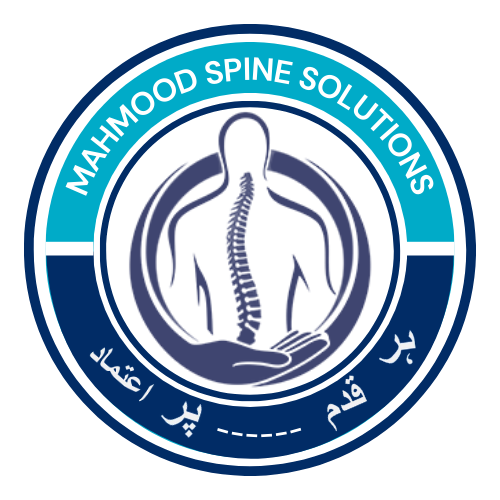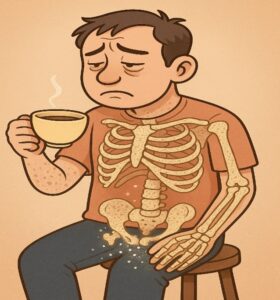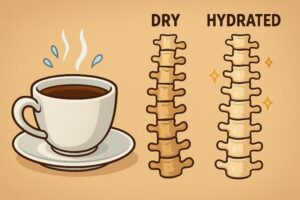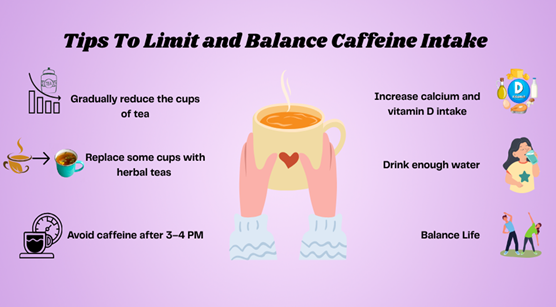Harmful Effects & Hazards:
-
Bone Health & Osteoporosis:
- Excess caffeine increases calcium excretion through urine, leading to reduced calcium absorption.
- Over time, this weakens bones, increasing the risk of osteoporosis, vertebral fractures, and spinal deformities.
-
Joint & Muscle Health:
- High intake may cause muscle tension, cramps, or spasms due to electrolyte imbalance.
- Can worsen conditions like back stiffness or musculoskeletal pain, especially in those with low calcium/vitamin D.
-
Disc Health:
- Poor calcium balance and reduced bone mineral density may indirectly compromise the vertebrae and intervertebral discs, making them prone to injury.
-
Sleep Disruption:
- Poor sleep from caffeine overuse reduces muscle recovery, increases inflammation, and slows down spinal/tissue healing.
-
Dehydration Risk (when consumed in excess without adequate water):
- Mild diuretic effect → dehydration → muscle fatigue, back tightness, and reduced spinal disc hydration.
Potential Benefits (in Moderation):
-
Reduced Muscle Pain Post-Exercise:
- Some studies show moderate caffeine can decrease perception of muscle pain and fatigue, helping with workouts.
-
Improved Physical Performance:
- Enhances alertness, reaction time, and endurance, which may indirectly support physical activity beneficial for bone and spine health.
-
Anti-Inflammatory Properties:
- Contains polyphenols (especially in tea) that have antioxidant and anti-inflammatory effects, potentially reducing musculoskeletal inflammation.
Safe Limit & Recommendations:
- Safe daily caffeine intake: up to 300–400 mg/day (≈ 2-3 small cups of coffee, or 3-4 cups of tea).
- High-risk groups (limit further): postmenopausal women, elderly, people with osteoporosis, chronic back pain patients.
How to Limit and Balance Caffeine Intake:
-
Gradual Reduction:
- Cut down one cup at a time to avoid withdrawal headaches and fatigue.
-
Switch Alternatives:
- Replace some cups with herbal teas (chamomile, peppermint, rooibos) or decaf coffee.
-
Timing:
- Avoid caffeine after 3–4 PM to protect sleep quality, vital for muscle and spine recovery.
-
Strengthen Diet:
- Increase calcium (milk, yogurt, leafy greens) and vitamin D intake to counteract calcium loss.
-
Stay Hydrated:
- Drink enough water alongside caffeine to prevent dehydration.
-
Lifestyle Balance:
- Pair moderate caffeine with regular exercise, stretching, and spine-friendly posture habits.
Bottom line:
Moderate tea/coffee can boost alertness and performance, but excessive intake weakens bones, disrupts sleep, and contributes to spine/musculoskeletal issues like osteoporosis, cramps, and back pain. The key is balance: keep caffeine under safe limits, strengthen nutrition, and adopt healthy lifestyle practices.













